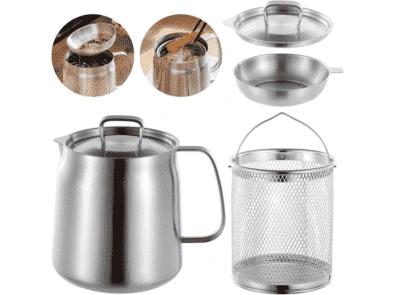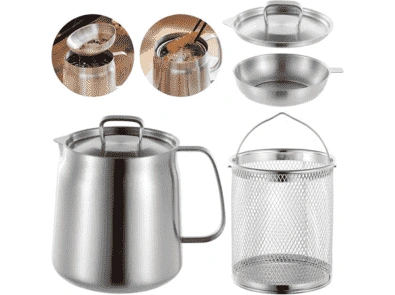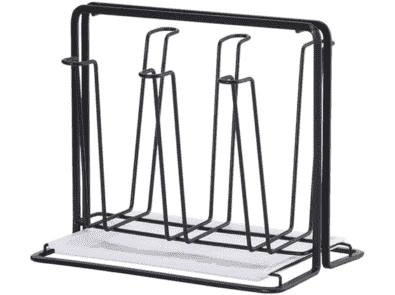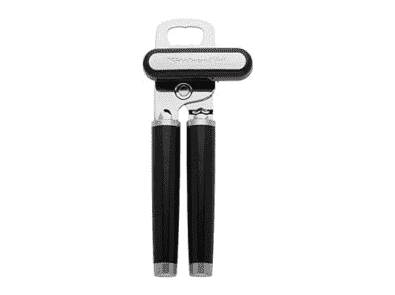Filters for oil are vital parts that support the engine of your car’s functioning properly and effectively. They serve an essential part in guaranteeing seamless engine performance through the elimination of pollutants from the combustion of crude oil. This piece examines the significance of oil filtration systems, how they place employment, and the way they will improve your engine’s achievement.

What Is an Oil Filter?
A fuel filter is intended to purify the motor’s oil through the elimination of contaminants. Engine oil is what moisturizes the moving components of the engine, thereby minimizing wear and tear. Over the years, this oil can become polluted with grime, metal fragments, and other materials. The oil determined retains these impurities, guaranteeing that only pure crude oil moves through the combustion chamber.
How Does an Oil Filter Work?
A summary of an easily understood division of how an oil determiner manages:
- Oil Flow: The gasoline moves into the air filter from the combustion chamber.
- Filtration: The crude oil passes through the filter paper within the separator, which collects and retains impurities. Paper or synthetic substances are usually employed to make the media for the filter.
- Clean Oil: After passing through the filtering system, fresh oil reaches the combustion chamber once more and keeps greasing its components that move.
- Bypass Valve: Several adjustments consist of an automatic bypass button which permits oil to go through the membrane if it grows obstructed. This guarantees that the vehicle persists in getting petroleum regardless of whether the intake filter fails to operate effectively.
Why Are Oil Filters Important?
- Extends Engine Life: By eliminating pollutants from crude oil, oil barriers help minimize combustion utilization and expand the existence of your gasoline engine.
- Improves Performance: Wash oil encourages more effective grease, resulting in more seamless engine function and enhanced efficiency.
- Prevents Damage: Polluted oil can contribute to motor mud, which can trigger essential harm. An excellent oil filter hinders sewage accumulation, maintaining the vehicle in excellent working order.
- Boosts Fuel Efficiency: A successfully operating combustion with tidy oil ignites gasoline further efficiently, originating to more effectively power the financial system.
- Reduces Emissions: Wash petroleum helps engine components blaze gasoline more effectively, which may minimize greenhouse gases while contributing to a cleaner environment.
Also Read: Oil Sprayer
5 Types of this product
Different types of oil filters offer various benefits:
- Paper Filters: These are the most common and affordable. They effectively filter out contaminants but need to be replaced regularly.
- Synthetic Filters: Made from synthetic materials, these filters offer better filtration and can handle higher temperatures. They are ideal for high-performance or luxury vehicles.
- Magnetic Filters: These use magnets to capture metal particles from the oil. They provide additional protection when used with other filters.
- Full-Flow Filters: These filters handle all the oil circulating through the engine, offering comprehensive protection.
- Bypass Filters: These filters handle a small portion of the oil at a time and are used in conjunction with full-flow filters to provide extra protection.
How to Choose the Right Oil Filter
To select the right product, consider these factors:
- Compatibility: Ensure the oil filter is compatible with your vehicle’s make and model. Refer to your owner’s manual or consult a professional if needed.
- Quality: Opt for high-quality filters from reputable brands. While cheaper options may be available, they might not offer the same level of protection.
- Filter Type: Choose a filter type based on your vehicle’s needs. High-performance vehicles may benefit from synthetic or magnetic filters.
- Ease of Installation: Make sure that the filter is simple to install yourself or that a one with experience can modify the installation efficiently.
- Maintenance Schedule: Follow the maker’s recommendations for this product replacement intervals to guarantee optimal engine boost.
Maintaining Your Filter
Proper maintenance of your filter is crucial:
- Regular Replacement: If you’re not sure about altering the filter yourself, possess it performed by someone with experience to guarantee correct setup and function.
- Check Oil Levels: Frequently check the engine oil levels. If the engine fluid seems dirty, it could be time for an oil filter substitution.
- Professional Service: If you’re unsure about changing the filter yourself, have it done by a professional to ensure proper installation and function.
Conclusion
Filters for oil are essential for preserving your engine’s condition and efficiency. By eliminating pollutants from engine grease, they assist in extending engine life, boost efficiency, and improve gas mileage. Regularly substituting the oil filter and following a correct servicing timetable makes sure the engine operates quietly and effectively.
Making investments in an excellent filter for your oil and carrying out regular service may avoid interest engine issues while enhancing overall vehicle efficiency. Maintaining your filter in excellent shape is an easy but efficient way to improve your engine’s durability and effectiveness.



